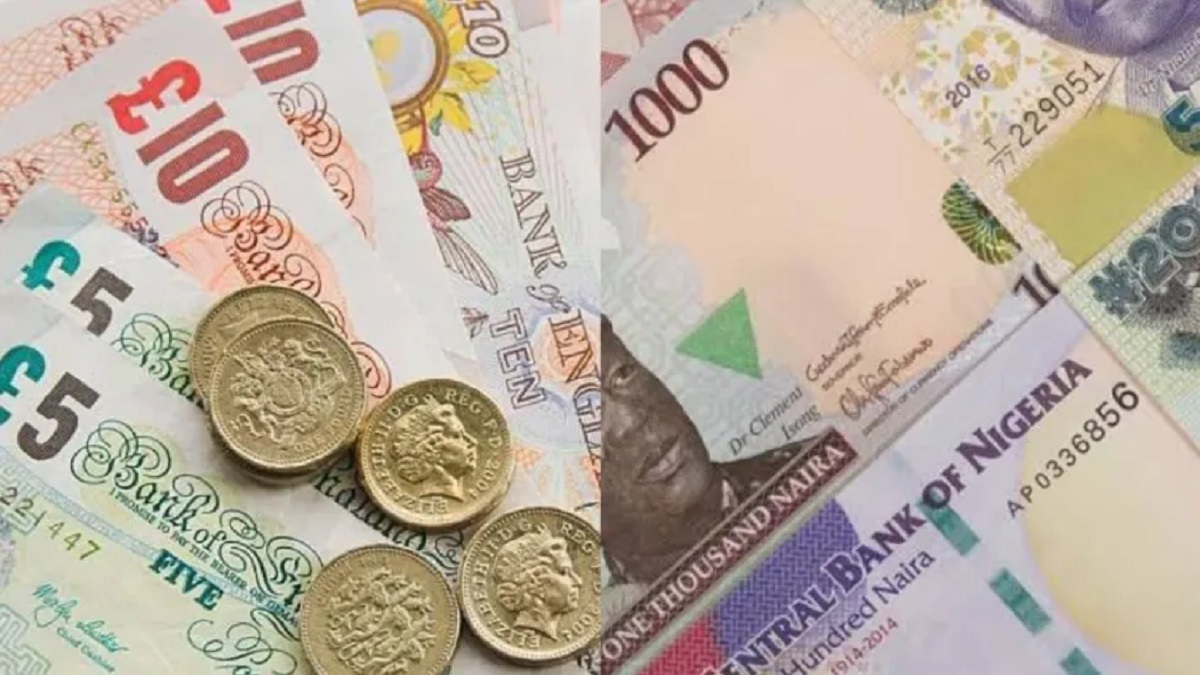By Ezekiel David
The naira weakened against the British pound in the final trading session of the week, with the pound reaching N2,112.8/£1 on the unofficial market.
The decline indicates a continued depreciation of the naira against major currencies, including the pound, dollar, and euro, over the past three months.
Pressure from importers and travellers on the local currency market has made the naira weaker. The Retail Dutch Auction mechanism, recently introduced by the Central Bank of Nigeria (CBN), has not helped the naira gain any traction.
Factors such as low oil production, petrol subsidies, and limited dollar liquidity have hampered the CBN’s efforts to strengthen the naira, even with an increase in the country’s foreign exchange assets.
The impending US Non-Farm Payrolls (NFP) data for August is currently the centre of attention for the market, as it may have an impact on the Federal Reserve’s interest rate choices. ADP’s August job growth statistics was below forecast, which sparked worries about a possible US recession.
The NFP report is considered a key indicator of the US labour market’s health and could impact the Fed’s rate-cutting timeline. Currency traders are closely watching the NFP data to assess the potential extent of future rate cuts.
The market’s anticipation of a more aggressive rate decrease by the Fed than by the Bank of England has contributed to the British pound’s strong performance against the US dollar this year. The UK economy is also starting to recover, which is adding to the pound’s strength.
Recent remarks from policymakers at the Jackson Hole Symposium suggest that the Fed is more inclined to lower borrowing costs than the Bank of England, contributing to the divergence in market expectations for rate cuts in the US and the UK.
(Source: Nairametrics)

